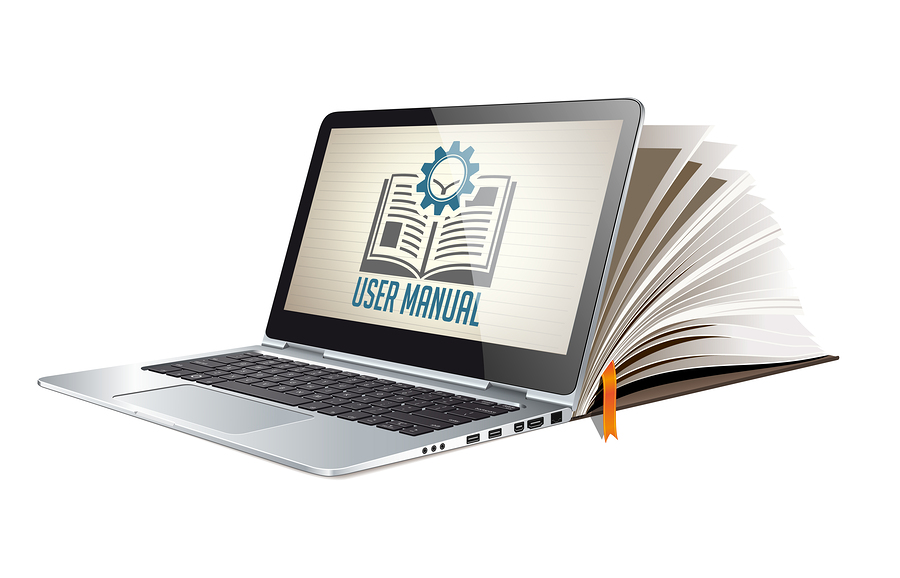The majority of Christian books published every year are written in English by authors in the United States. U.S. Christian publishers in a billion dollar industry publish many thousands of new titles every year.
Still, I am not sure all American authors who desire to have their books spread across the globe and translated into various languages have the credentials nor the global insight to be telling the rest of the world how to live and grow in their faith.
How’s that for a cheery perspective?
An American perspective on the Bible is not always a universal one, applicable to every people group, language and country. This is why relatively few Christian books published in the United States find their way into translated editions or exported around the world.
Even the Bible has portions, which need to be seen through the eyes of a Middle Eastern, Mediterranean culture before it can be truly understood.
Here are a variety of anecdotal pieces of information, which I believe create barriers to American Christian authors when they attempt to speak to the world:
During World War II, from 1939-1945, over 3% of the population of the world died either directly or indirectly as a result of the war. The United States lost 1/10th of this percentage or around one third of one percent. If the US followed the average of the rest of the world, we would have had over four million people killed. Certainly the 400,000 who died were far too many, but maybe we should have a little more understanding for the permanent damage to culture for countries like Russia who lost between 10-15% of their entire population, or the Philippines, who lost over 500,000 of their 16 million citizens and Ukraine who lost close to seven million people, a sixth of their population at the time.
Life has been difficult everywhere. Comparatively speaking it has been far less difficult in the United States. Treat other peoples with respect and understanding.
Middle class America is not something experienced by the vast majority of the world’s Christians. Since most Christian authors in the US come from this group, this fact alone should build in a great deal of humility and caution for Christian writers.
When you write globally, consider yourself less important and entitled than you might be accustomed. More Scripture, less you.
American Christians experience a level and variety of religious freedom largely unknown in the rest of the world. We have more Christian books, Bibles and Christian media than the rest of the world combined. The total number of Christian books published in a month in America outnumbers the total number of Christian books ever published in some languages and countries. American access to the Bible and places of worship is unparalleled.
American Christians have comparatively little to complain about. Be careful when addressing issues of Christian persecution and difficulties.
So, what is the point of this counter-perspective today?
When writing from their experience alone, American Christian authors have very little to say to the rest of the world’s Christians. If an American Christian author desires to write for believers in other languages and countries, they need to see their faith on a deeper level, writing from great humility and a Scripture-focused perspective.
Still, the American Christian perspective is not always a universal one.
Authors can write about anything they want in this country. You don’t need to apologize for your life or experience. But if your desire is to write to help believers in other languages or countries, you need to see your work and message from their perspective.
If you use examples to illustrate your points about the stress of driving your SUV five miles to the Home Depot to pick up building materials for the pergola over your backyard patio, your spiritual point and credibility will be lost among the shaking heads.
The writing of Christian books to people culturally similar to you is a great privilege and responsibility. Writing to encourage people not like you is an even more daunting task. Walk carefully and with great spiritual humility.











